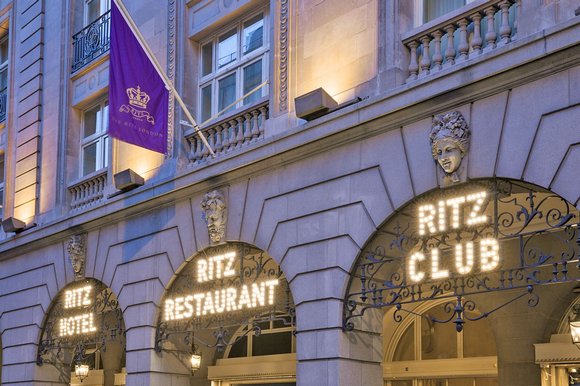The casino industry is one industry which can see different seasons and reasons and they are fairly unpredictable at times. One may look around all the word and would find the same that a casino doing well at a particular time might go down the lane post few seasons or months and it may be because of many reasons. Recently London’s venerable Ritz Club Casino had a disappointing performance in 2015 because of VIP gamblers getting luckier and less honourable.
Ritz Club Casino filed public documents last week and reported a net loss of £12.8M in the 12 months ending 31 Dec, 2015. Ritz Club posted a net profit of over £5.2m net profit in the year 2014. Turnover for the year was £38.4m, down significantly from £66.9m in 2014, while the cost of sales also fell to £41.3 m from £52.6m in 2014.
Ritz Club owned by billionaire twins Sir David and Sir Fredrick Barclay said that it would have made a £2.4 million profit if the losers had paid up. But due to much higher gaming debts the club had to report a loss of £12.7 million. The club in the past has taken clients to the High Court for failure to pay debts, including Saudi heiress Noora Abdullah Mahawish Al-Daher, who lost £2 million using chips bought with a cheque.
A low win percentage is a reason for this downturn as per the company and it further said that its gaming tables and a much higher level of gaming debts incurred in the year are the reasons for the losses. As per the filing the company would have turned a £2.4 m profit last year if its VIP customers had shown a little more urgency in honouring their markers. Ritz CEO Roger Marris said, “This Is Money that the overdue debts were courtesy of less than a half-dozen Asian high-rollers.”
Ritz Club Chief Executive Roger Marris said:
The debts were from less than half a dozen ‘slow payers’ from the Far East.
He further added that: ‘We do have slow payers, which is normal for our business.’
‘We cater to an international audience who play at a very high level. It’s very much about the personal relationship. We talk to them regularly and they are paying us back. We do pursue them.’
















